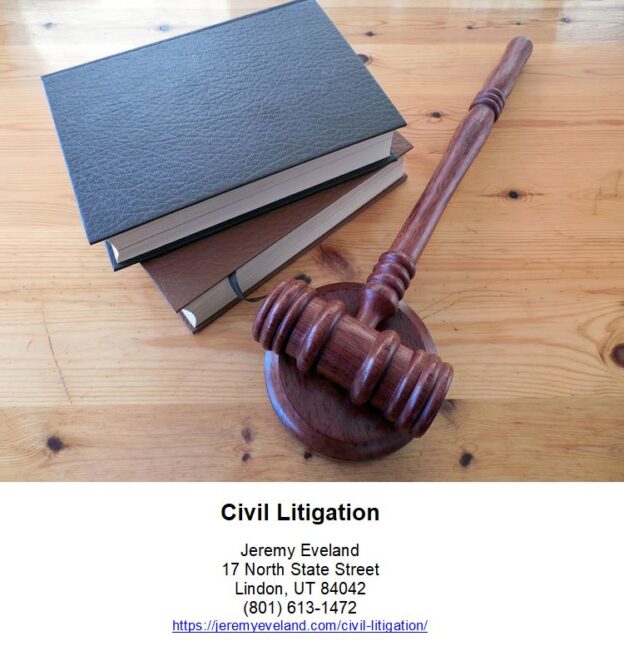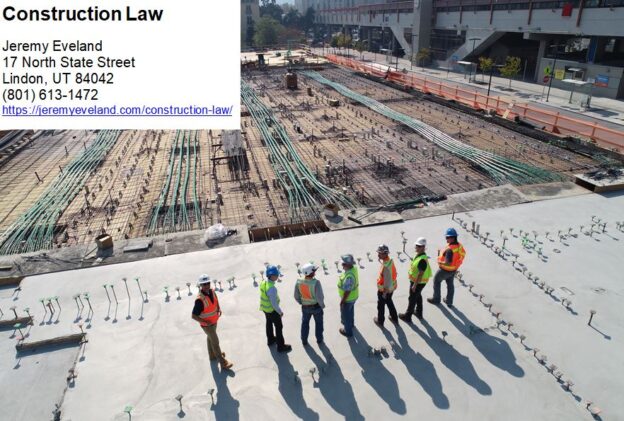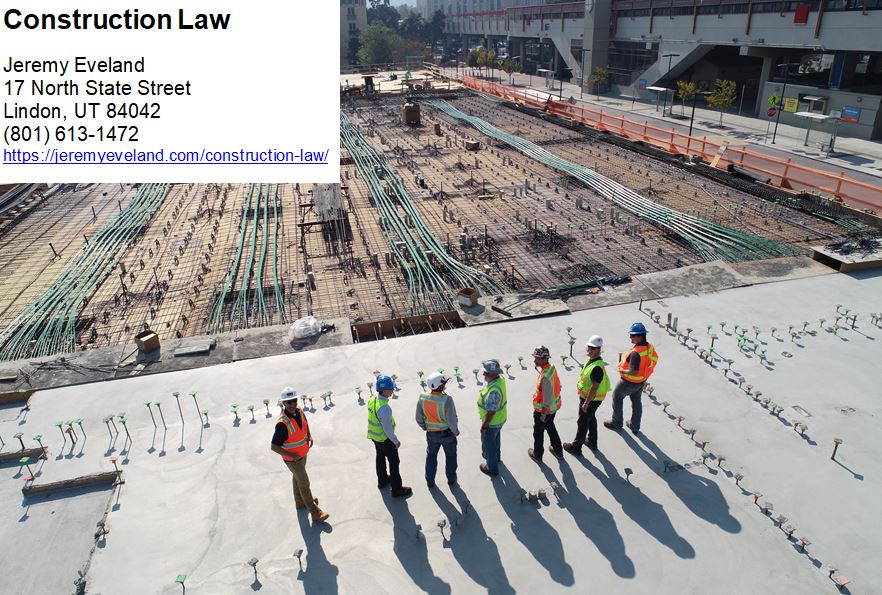-
Legal Topics
“Navigating the Complexities of Corporate Law with Expertise and Efficiency”
Introduction
Corporate law firms are specialized legal services providers that specialize in providing legal advice and services to businesses and corporations. They provide a wide range of services, from helping businesses with the formation of their corporate structure to providing legal advice on mergers and acquisitions, intellectual property, and other corporate matters. Corporate law firms are also responsible for ensuring that businesses comply with all applicable laws and regulations. Corporate law firms are essential for businesses of all sizes, from small startups to large multinational corporations. They provide invaluable legal advice and services that help businesses succeed and protect their interests.
The Benefits of Working with a Corporate Law Firm
Working with a corporate law firm can provide a number of benefits to businesses of all sizes. Corporate law firms specialize in providing legal advice and services to businesses, and they can help companies navigate the complexities of the legal system. Here are some of the key benefits of working with a corporate law firm.
Expertise: Corporate law firms have a team of experienced attorneys who specialize in corporate law. They understand the nuances of the legal system and can provide sound advice on a variety of legal matters. They can help businesses draft contracts, negotiate deals, and protect their interests in court.
Cost Savings: Corporate law firms can help businesses save money by providing legal services at a lower cost than hiring an individual attorney. Corporate law firms have access to a wide network of attorneys and can provide legal services at a discounted rate.
Time Savings: Corporate law firms can help businesses save time by providing legal services quickly and efficiently. They can help businesses draft contracts, negotiate deals, and resolve disputes quickly and effectively.
Access to Resources: Corporate law firms have access to a wide network of attorneys and resources. This can help businesses access the legal advice and services they need quickly and easily.
These are just a few of the benefits of working with a corporate law firm. Corporate law firms can provide businesses with the legal advice and services they need to protect their interests and succeed in the marketplace.
How to Choose the Right Corporate Law Firm for Your Business
Choosing the right corporate law firm for your business is an important decision. A good corporate law firm can provide invaluable advice and guidance to help your business succeed. Here are some tips to help you select the right corporate law firm for your business:
1. Research: Take the time to research potential corporate law firms. Look for firms that specialize in the type of legal services you need. Check out their websites, read reviews, and ask for referrals from other business owners.
2. Experience: Look for a corporate law firm with experience in the areas of law that are relevant to your business. Ask about their experience in dealing with similar cases and how they have helped other businesses.
3. Reputation: Check the reputation of the corporate law firm. Look for firms that have a good track record of success and are well-respected in the legal community.
4. Cost: Consider the cost of the services offered by the corporate law firm. Make sure you understand the fees and payment terms before signing any contracts.
5. Communication: Make sure the corporate law firm you choose is willing to communicate with you regularly. Ask about their communication methods and how often they will be in touch with you.
By following these tips, you can ensure that you select the right corporate law firm for your business. A good corporate law firm can provide invaluable advice and guidance to help your business succeed.
The Role of Corporate Law Firms in Mergers and Acquisitions
Corporate law firms play a critical role in mergers and acquisitions (M&A). They provide legal advice and guidance to companies involved in M&A transactions, helping them to navigate the complex legal and regulatory environment. Corporate law firms help companies to structure the transaction, draft and negotiate the necessary documents, and ensure that all legal requirements are met.
The first step in any M&A transaction is to identify the target company and assess its value. Corporate law firms can provide advice on the best way to structure the transaction and the most advantageous terms for the parties involved. They can also help to identify potential risks and liabilities associated with the transaction.
Once the target company has been identified, corporate law firms can help to draft and negotiate the necessary documents. This includes the purchase agreement, which outlines the terms of the transaction, and any other documents required to complete the transaction. Corporate law firms can also provide advice on the tax implications of the transaction and help to ensure that all applicable laws and regulations are met.
Finally, corporate law firms can provide advice on the post-transaction integration process. This includes helping to ensure that the target company is integrated into the acquiring company’s operations in a smooth and efficient manner. Corporate law firms can also provide advice on any potential disputes that may arise during the integration process.
In summary, corporate law firms play a critical role in M&A transactions. They provide legal advice and guidance to companies involved in the transaction, helping them to structure the transaction, draft and negotiate the necessary documents, and ensure that all legal requirements are met. They can also provide advice on the post-transaction integration process and help to ensure that the target company is integrated into the acquiring company’s operations in a smooth and efficient manner.
Understanding the Different Types of Corporate Law Firms
Corporate law firms provide legal services to businesses, including advice on corporate governance, mergers and acquisitions, securities, and other business transactions. Corporate law firms are typically divided into two main categories: transactional and litigation.
Transactional law firms specialize in providing legal advice and services related to business transactions. These firms typically provide advice on corporate governance, mergers and acquisitions, securities, and other business transactions. They also provide advice on contract drafting, negotiation, and dispute resolution.
Litigation law firms specialize in representing clients in court. These firms typically handle cases involving contract disputes, intellectual property, employment law, and other business-related matters. Litigation law firms also provide advice on dispute resolution and litigation strategy.
In addition to these two main categories, there are also specialized corporate law firms that focus on specific areas of corporate law. For example, some firms specialize in corporate finance, while others specialize in tax law. Other firms specialize in international business law, while still others specialize in environmental law.
No matter what type of corporate law firm you choose, it is important to find one that is experienced and knowledgeable in the area of law that you need. It is also important to find a firm that is willing to work with you to ensure that your legal needs are met.
The Impact of Corporate Law Firms on the Economy
Corporate law firms play an important role in the economy. They provide legal advice and services to businesses, helping them to navigate the complex legal landscape and ensure compliance with applicable laws and regulations. Corporate law firms also provide legal representation in court proceedings, helping businesses to protect their interests and resolve disputes.
The services provided by corporate law firms are essential for businesses to operate effectively and efficiently. By providing legal advice and representation, corporate law firms help businesses to reduce their legal costs and minimize their risk of litigation. This helps businesses to remain competitive and profitable, which in turn contributes to economic growth.
In addition, corporate law firms help to create jobs. They employ lawyers, paralegals, and other staff to provide legal services to businesses. This helps to stimulate the economy by creating jobs and providing income to those employed in the legal profession.
Furthermore, corporate law firms help to promote economic development. By providing legal advice and services to businesses, they help to create a more favorable business environment, which encourages investment and entrepreneurship. This helps to stimulate economic growth and create new jobs.
Finally, corporate law firms help to ensure that businesses comply with applicable laws and regulations. This helps to protect consumers and ensure that businesses are operating in a fair and ethical manner. This helps to promote economic stability and protect the interests of all stakeholders.
Corporate law firms play an important role in the economy. They provide legal advice and services to businesses, helping them to reduce their legal costs and minimize their risk of litigation. They also help to create jobs and promote economic development. Finally, they help to ensure that businesses comply with applicable laws and regulations, protecting consumers and promoting economic stability.
Q&A
Q1: What is a corporate law firm?
A1: A corporate law firm is a law firm that specializes in providing legal services to businesses, such as advice on corporate governance, mergers and acquisitions, securities law, intellectual property, and other business-related matters.
Q2: What services do corporate law firms provide?
A2: Corporate law firms provide a wide range of services, including advice on corporate governance, mergers and acquisitions, securities law, intellectual property, and other business-related matters. They also provide legal representation in court proceedings, contract negotiations, and other legal matters.
Q3: What qualifications do corporate lawyers need?
A3: Corporate lawyers must have a law degree and be licensed to practice law in the jurisdiction in which they work. In addition, many corporate lawyers have specialized knowledge in areas such as tax law, securities law, and intellectual property law.
Q4: How much do corporate lawyers charge?
A4: Corporate lawyers typically charge an hourly rate for their services. The rate can vary depending on the complexity of the case and the lawyer’s experience.
Q5: What is the difference between a corporate law firm and a general practice law firm?
A5: A corporate law firm specializes in providing legal services to businesses, while a general practice law firm provides legal services to individuals and businesses. Corporate law firms typically focus on corporate governance, mergers and acquisitions, securities law, intellectual property, and other business-related matters.
Corporate Law Firms Consultation
When you need help from Corporate Law Firms call Jeremy D. Eveland, MBA, JD (801) 613-1472 for a consultation.
Jeremy Eveland
17 North State Street
Lindon UT 84042
(801) 613-1472
Related Posts
Estate Planning Lawyer West Valley City Utah
Business Contract Lawyer Spanish Fork
Corporate Attorney Riverton Utah
Advantages of Hiring a Utah Personal Injury Lawyer
Estate Planning Lawyer Provo Utah
Business Lawyer West Valley City Utah
Business Succession Lawyer Eagle Mountain Utah

















